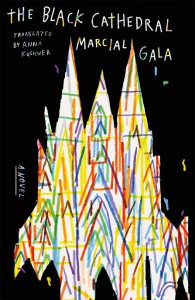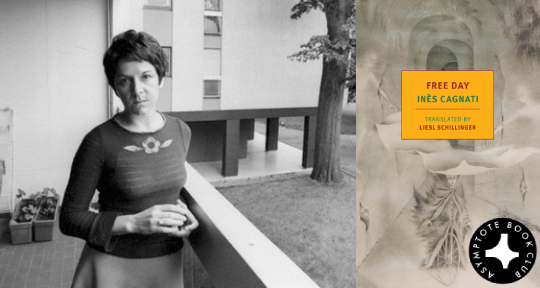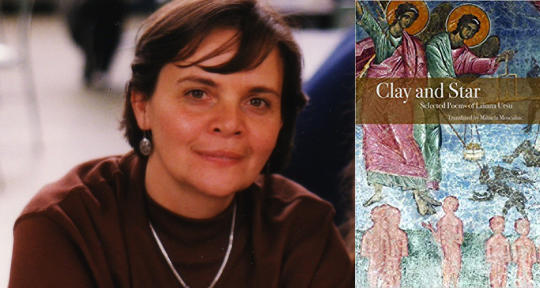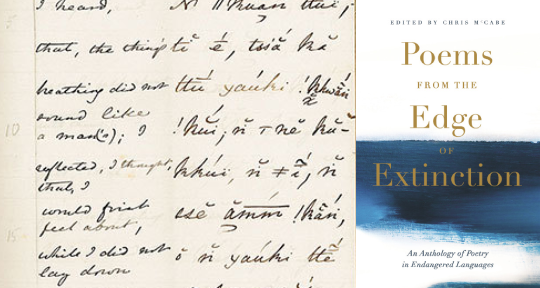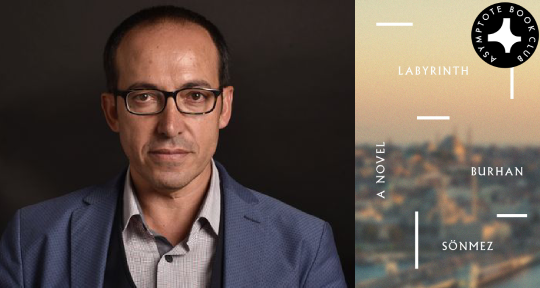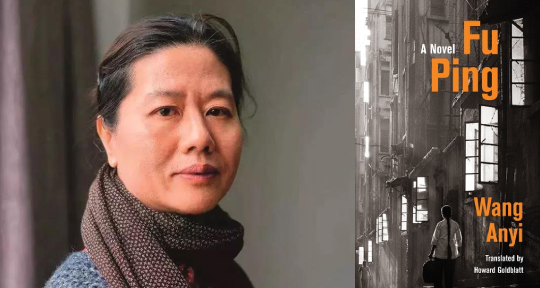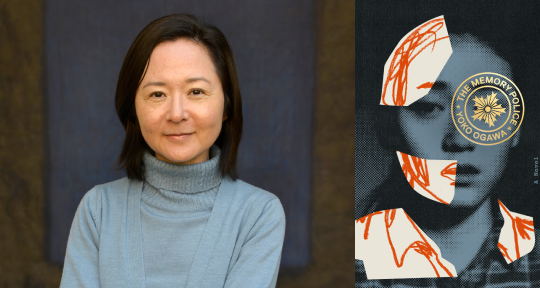Incidental Interventions by Elena Ferrante, translated from the Italian by Ann Goldstein, Europa Editions, 2019
Early in her new collection, Incidental Inventions, Elena Ferrante describes her fascination with a portrait of a nun, displayed in the Pio Monte della Misericordia in Naples. Its artist is unknown, but Ferrante forms a relationship to the person behind the painting all the same, through the work itself. Although the life and experiences of the artist remain out of reach, Ferrante feels that she could give a name to the creator who is knowable through studying the work: a female name, Ferrante surmises, which would then be “the only true name used to identify her imaginative powers.”
As I began to reflect on this new collection of articles, I related to this desire to lend language to the snippets of truth that we grasp in life, and to search for meaning in others’ artistic expression. Back in 2018, reading Ferrante’s column for The Guardian as it was published week by week, I had formed an impression of these articles as a light yet thoughtful series of reflections on experiences from the ordinary to the dramatic. Reading about topics as diverse as feminism and the exclamation mark, I’d felt that I’d drifted along from colourful anecdotes in the author’s signature style, through to the often philosophical conclusions that felt natural, or even obvious, in light of the path I’d been encouraged to follow as a reader. In this process, I felt that I was getting to know the author, sharing in snapshots of her life, and feeling a sense of connection from the moments that felt relatable or right within my own world. READ MORE…



